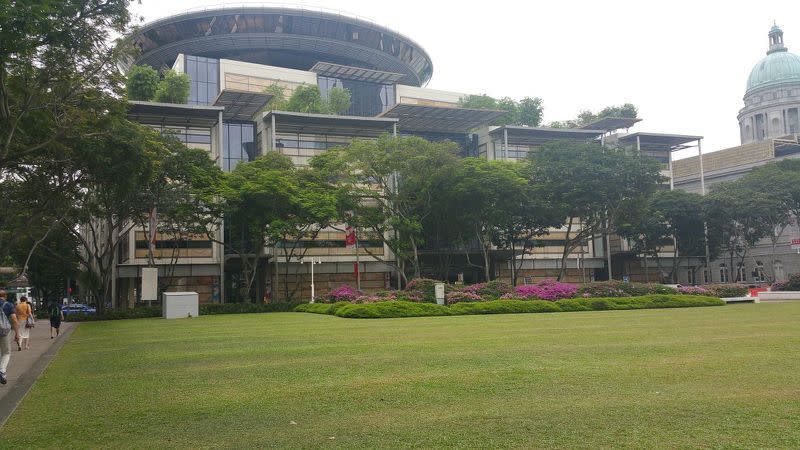A win for Mindef over PHA interpretation may ‘open the floodgates’ to curb online speech: lawyer

A judgement in favour of the Ministry of Defence (Mindef) in a dispute over the interpretation of the Protection from Harassment Act (PHA) may empower the government to use the Act to curb online speech, argued a lawyer.
Remy Choo, one of the lawyers acting on behalf of inventor Ting Choon Meng and socio-political website The Online Citizen (TOC), made the argument before the Court of Appeal on Tuesday (4 October).
Mindef is appealing against a High Court ruling last December that Mindef cannot use the Act to make TOC remove statements made by Ting over a patent rights dispute.
Judicial Commissioner See Kee Oon had ruled that Mindef cannot initiate legal actions under the Act as it is not a “person”. Section 15 of the PHA provides that “any person” who has been the subject of a false statement may apply to the District Court for remedy.
Arguing his point about the potential for the Act to be used to curtail online speech, Choo cited an anonymous article published on TOC after the initial judgement in favour of Mindef in May 2015.
Choo told the court that the article claimed the government was using Singapore Savings Bonds to build an underground city for 10 million people. In response, the Ministry of National Development asked TOC to remove the article, citing Section 15 of the PHA and threatening to take TOC to court.
The Attorney–General’s Chambers, which is acting on behalf of Mindef, submitted that interpreting the words “any person” in Section 15 to include the government would serve the public interest.
According to the AGC, “it is incontrovertibly in the public interest that the Government should be able to effectively correct falsehoods attacking the integrity of our public institutions.”
But Judge of Appeal Andrew Phang, one of three judges hearing the appeal, noted, “It seems to me that Section 15 is a self-help remedy meant to apply to actual persons. At the end of the day…the law is also meant to be common sensical.”
Including the government in the interpretation of “any person”, said Phang, is akin to a novel where a character who has only been footnoted before is suddenly revealed as the murderer.
Phang added that the ambiguity of Section 15 may simply be down to “infelicitous drafting”.
Chief Justice Sundaresh Menon, Judge Phang and Judge of Appeal Chao Hick Tin have reserved judgement on the matter.

